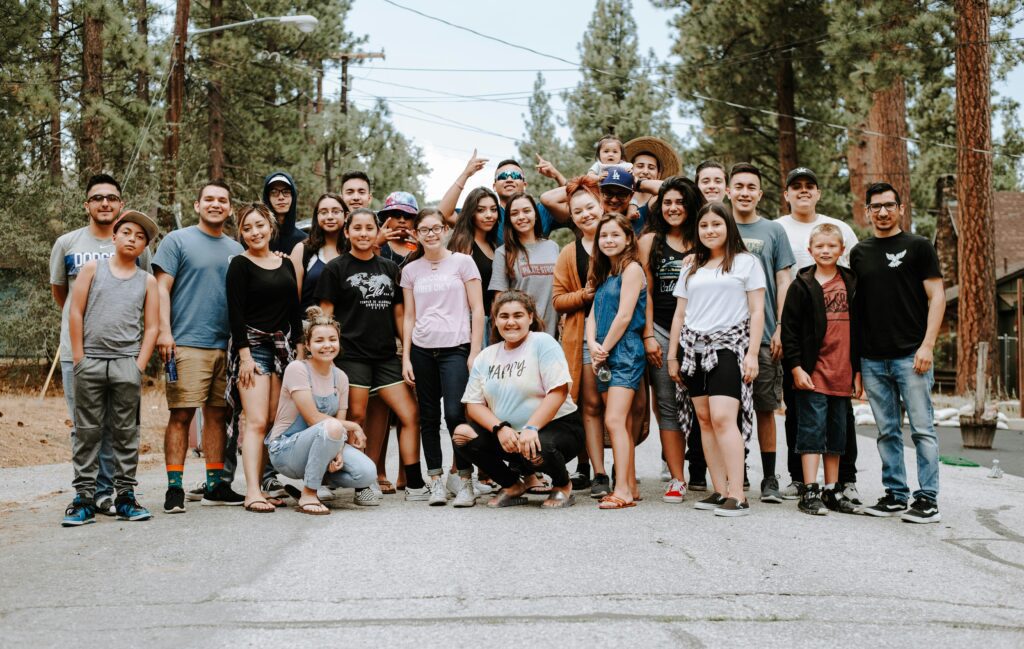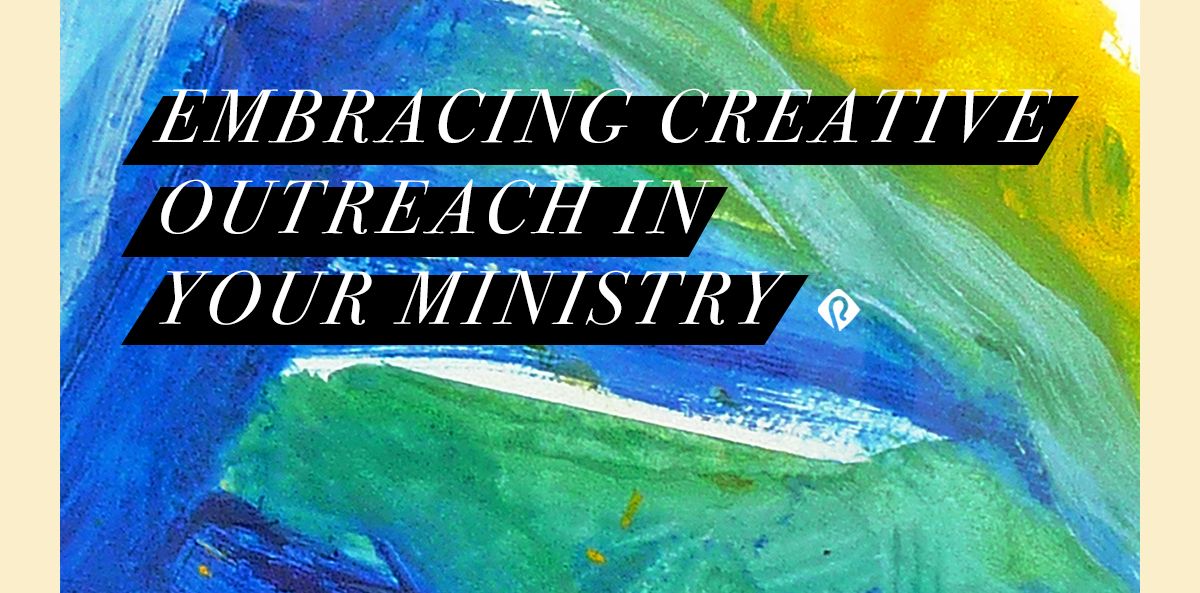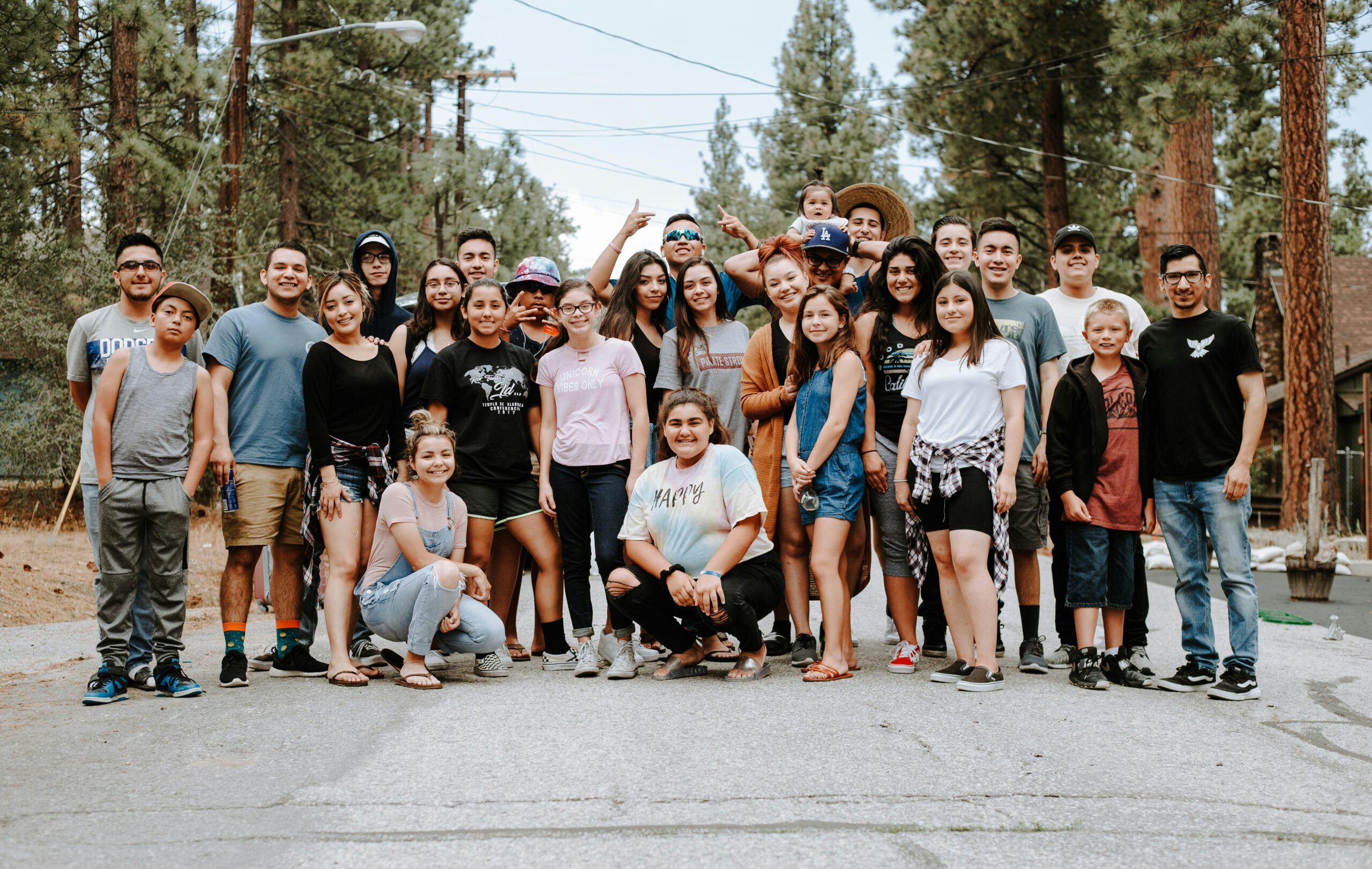Evangelism
Why Speaking the Language of Your Community Matters

What your church says matters. So does how you say it.
The church’s number one job is to share the good news about Jesus with people who have never heard it—in every way and every language. God wants our churches to be all-nations congregations.
God made this a top priority for the church since day one. On the church’s first day of existence, the Holy Spirit miraculously empowered the church to speak in the language of the people they were engaging. The Bible tells us people had come to Jerusalem from every nation of the world to celebrate the Day of Pentecost. Of course, it’s no accident that God started the church on a day the entire world gathered in Jerusalem.
Yet, despite all the different ethnicities present, we learn that language didn’t hold back the gospel. Luke tells us of the apostles, “All of them were filled with the Holy Spirit and began to speak in other tongues as the Spirit enabled them” (Luke 2:4 NIV).
Imagine what that day was like. Everybody heard the apostles in their own language. Whether they were from Europe, Asia, or Africa, they heard the gospel in their native tongue. The miracle during Pentecost reversed the consequences of the Tower of Babel from Genesis 11.
The events in Acts 2 teach us a valuable lesson about the kinds of churches God blesses. The church today doesn’t need the miraculous gift of languages because we already speak every language in the world. But we still need to be intentional about communicating in ways that resonate with the people we are trying to reach.
Speaking the language of your community isn’t just about whether they speak English, Spanish, or some other tongue. Every person in our congregations speaks multiple languages. Most of the time, they don’t even realize it, though. For example, you have mothers of preschoolers who can talk to other moms in ways the rest of us can’t. Others are good at electronics, computers, and all things digital. They speak tech and can talk to people others can’t. Others speak baseball, basketball, hip hop, or crafts. God intends for them to use those languages for his glory, to reach people only they can reach.
In today’s world, that’s a big part of how we replicate the miracle of Pentecost. We learn and speak the language of community so our neighbors can understand the gospel clearly.
But again, they likely won’t realize they speak these other languages. Our job as leaders is to help our congregation realize the opportunities they have to share the good news with people only they can reach.
You can do this is many, many ways. For example, a few years ago at Saddleback, we held an Orange County Social Media Summit. It wasn’t designed for our congregants or even to help other churches. In fact, most of the people who were there didn’t go to church at all. We put it together to help our people build relationships with those who spoke the language of social media. These were people who regularly used words and phrases like “organic reach,” “algorithms,” “hashtags,” “viral,” and “trending.” I could share the gospel with those people, but I can’t make it as clear as someone who is already immersed in their world.
So in that event, we had people in our church building bridges of love through social media during that event. They were able to share the gospel with people who may not have heard it any other way.
Pastor, your church can do this, too. Look for ways to give people opportunities to build bridges in your community. Maybe you start a moms’ group, a recreational softball team, or a gaming club. Encourage people to explore all the languages they can speak and how they use those languages to share the gospel.
It’s important to note that the early church didn’t stop doing this after Acts 2. Paul used the language of his mission field to communicate the gospel regularly throughout the book of Acts. Famously, in Acts 17, he used the language and cultural references of Greek philosophers to share the gospel at the Areopagus in Athens.
Churches that God blesses recognize the languages of the people in their community and will do anything to make sure they can communicate the gospel in those languages. Your congregants don’t need to be great theologians to do this. They don’t need to memorize the entire Bible. They need to build a bridge of love based on the languages they share.















